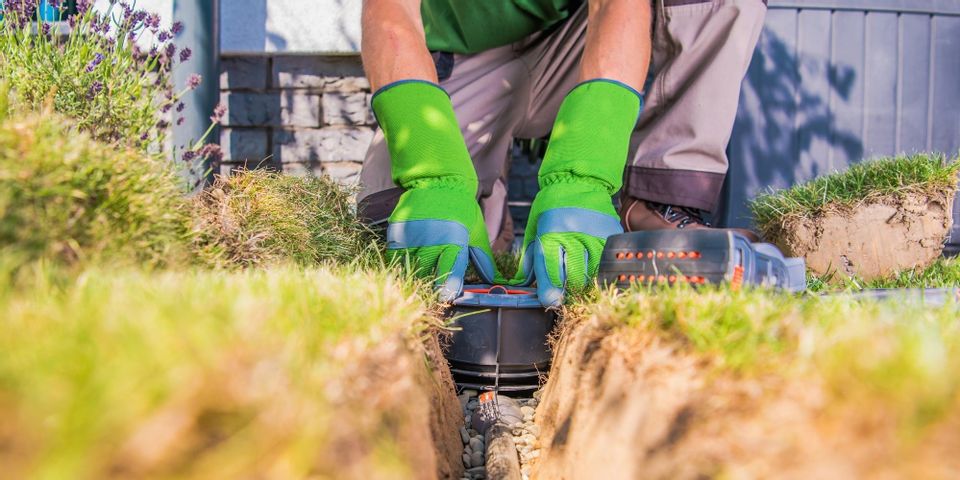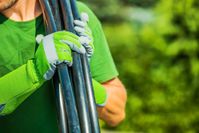Why Backflow Prevention Is Necessary in an Irrigation System

When you connect a water system providing clean drinking water with a system that includes other substances, it’s called a cross-connection. As one of its features, any cross-connection must include backflow prevention measures. But, why is this essential, and what does it mean for your irrigation system?
What Is Backflow?
Backflow is when potentially contaminated water or other substances flow back through a cross-connection into either a public water system or private drinking water source. This can happen due to pressure in the irrigation system or a lack of pressure in the drinking water system.
What Happens If There Is Backflow?
 Backflow from a system that contains non-potable water or other substances into a system of clean water immediately contaminates the clean system. This means that water being delivered to other locations — for example, kitchen taps — is not safe. This is a huge health hazard and also causes liability problems for the water provider.
Backflow from a system that contains non-potable water or other substances into a system of clean water immediately contaminates the clean system. This means that water being delivered to other locations — for example, kitchen taps — is not safe. This is a huge health hazard and also causes liability problems for the water provider.
How Can I Prevent Backflow?
One of the simplest ways to prevent contaminated water from flowing back into a clean system is with an air gap. What this means is that the cross-connection includes a gap where water pours through the open air into a receptacle instead of being enclosed by a pipe. This way, the pressure levels in the two water systems do not have to equalize, and any water that is pushed out of the contaminated system will flow onto the ground instead of back up the clean pipe. There are also numerous mechanical assemblies designed to modulate pressure or prevent backflow with shutoff valves.
Backflow prevention is an essential part of any good irrigation system, so Maxum Irrigation in Waterford, CT, will help you include it in yours. From basic lawn sprinklers to huge irrigation projects, they’re the area’s experts in keeping your plants watered and thriving. Their experience, dedication, and selection of quality products allow them to provide the highest quality results. To get started with your project, call (860) 525-7000 or send a message online.
About the Business
Have a question? Ask the experts!
Send your question

